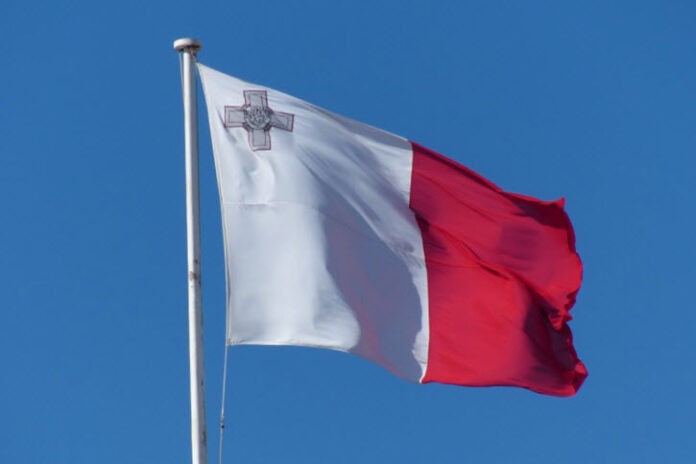A new development in Malta has seen the country’s Cabinet approving three new Bills regarding blockchain and cryptos. The Virtual Financial Assets Bill is an especially important one since it will provide regulation for both cryptos and ICOs.
Cabinet approves crypto bill
Last Tuesday, the Cabinet of Malta approved the three new bills, the Virtual Financial Assets Bill, Technology Arrangements and Services Bill, and Malta Digital Innovation Authority Bill.
The Bills were scheduled for the first reading by Parliament on Tuesday, and the next step is a debate between two sides of the House. This is the final step before the bills are officially written into law. According to news outlet Malta Independent, Silvio Schembri, Parliamentary Secretary for Financial Services, Digital Economy, and Innovation thinks that the new laws are set to bring change.
He said that, after the laws regarding blockchain, cryptos, and ICOs in Malta are enacted, the banks would become more open to working with companies that deal in cryptos because the industry will have transparency and legal certainty.
It is his belief that, by regulating the crypto market, its investors will be able to receive proper protection, there will be market integrity and financial soundness. This is something that the entire government of Malta supports and is willing to see become reality.
The three bills
The Malta Digital Innovation Authority Bill is expected to start a new department, the Malta Digital Innovation Authority, which already has all of its responsibilities and duties planned out and will focus on the internal arrangements within the government.
One of the department’s key roles is to certify the Distributed Ledger Technology (DLT) platforms so that credibility and legal certainty are ensured.
The second, the Technology Arrangements and Services Bill, will handle the registration of any and all technology service providers and preside over the certification of any arrangements involved with technology.
The third is The Virtual Financial Assets Bill, which will focus on ICOs, bringing regulation for service providers that are involved in ICO-related activities. This bill is expected to properly outline the regulatory framework that will be applied to crypto exchanges.
Interest in Malta has grown, and many exchanges and ICOs have expressed their desire to relocate to this country. Malta’s position can only be strengthened after these bills are passed.
The MFSA (Malta Financial Services Authority) will be endowed with investigatory power, and the regulatory power that is deemed necessary, which might include the ability to adopt or publish different rules, or issue directives, or to request information, and will include the authority to “suspend either an ICO or the trading of a VC on an exchange.”
















